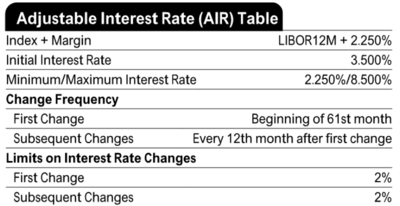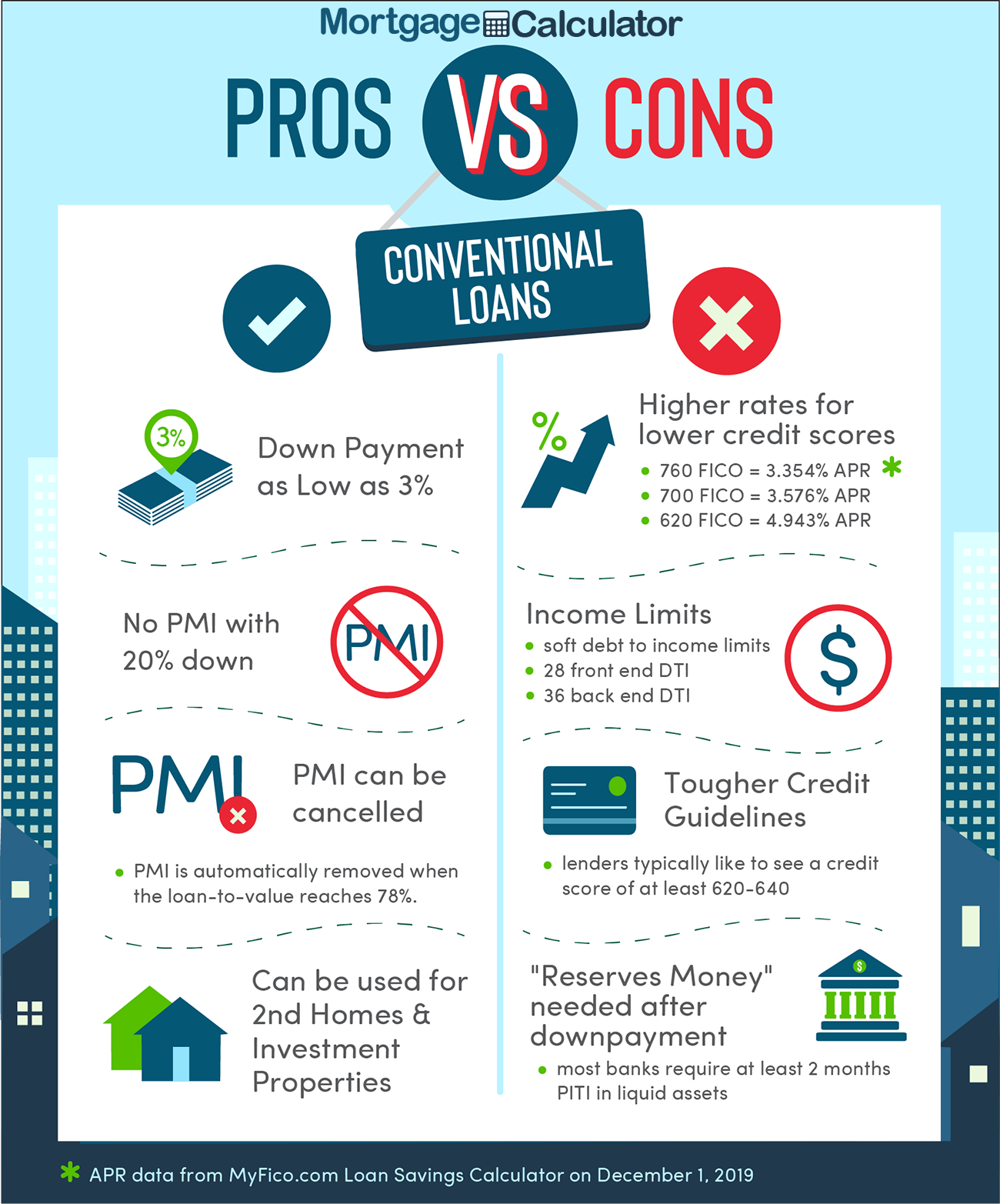If you're in the position to buy a house or re-finance your mortgage, now might be a fun time to take advantage of lower rates and potentially score even lower rates by using home mortgage points. Remember that you'll desire to develop in a little additional time to browse the lending system as loan providers are dealing with an influx of cases due to the traditionally low-interest rates. how do second mortgages work in ontario.
The response to whether mortgage points deserve it can just be responded to on a case-by-case basis. If you're preparing on remaining in your house longer than the break-even point, you will see cost savings. If those savings exceed what you may get in outdoors investment, then home mortgage points will certainly deserve it.
This table does not include all companies or all available items. Interest does not endorse or suggest any business. Editorial Policy Disclosure Interest. com adheres to rigid editorial policies that keep our writers and editors independent and truthful. We count on evidence-based editorial standards, regularly fact-check our material for precision, and keep our editorial personnel completely siloed from our marketers. Origination points, on the other hand, are closing expenses paid to a loan provider in order to secure a loan. While these charges are sometimes flexible, borrowers usually have no option about whether to pay them in order to secure a loan. Let's state a prospective house owner requests a $400,000, 30-year home loan so they can buy a $500,000 home.
After underwriting, they get a loan deal from a loan provider that includes several ratesone with their rate if they buy no points, plus alternative rates if they buy one to 4 discount rate points. Below are sample rates for this debtor, upfront costs to purchase those points and particular regular monthly payments for each rate: In this case, each point would conserve the borrower about $60 each month.
5 years) to recoup the expense of each discount rate point they acquire. When you get a loan, both discount points and origination points are theoretically flexible - how do second mortgages work. But, in practice, that's not constantly the case. The only method to know for sure is to speak to your loan officer when you've been approved for a loan.

Then, when you get loan deals, you can let each lender work to earn your business by working out lower rates or closing expenses. You don't need to stress about this hurting your credit rating, as credit bureaus treat credit checks from several mortgage lending institutions within about a 30-day duration as one credit check.
When you purchase discount rate points (or "purchase down your rate") on a brand-new mortgage, the expense of these points represent pre-paid interest, so they can typically be subtracted from your taxes similar to regular https://apnews.com/Globe%20Newswire/36db734f7e481156db907555647cfd24 home loan interest. Nevertheless, you can generally only deduct points paid on the very first $750,000 borrowed. Simply put, if you take out a $1 million mortgage and buy one point for $100,000, you can just subtract $75,000 (1% times $750,000).
Little Known Facts About How Do Equity Release Mortgages Work.
According to the IRS, the expenditures for home mortgage points can be made a list of on Arrange A of your Kind 1040. The IRS says that "if you can subtract all of the interest on your home loan, you might be able to subtract all of the points paid on the home loan." Home mortgage pointsboth discount points and origination pointsincrease a borrower's upfront cost of getting a home loan.
In the case of discount rate points, these expenses are likewise optional. If you plan to remain in your house for at least 10 to 15 years and wish to lower the month-to-month cost of your home loan, they might be beneficial, however they aren't needed.
These terms can often be used to imply other things. "Points" is a term that mortgage lenders have actually utilized for numerous years. Some lending institutions may use the word "points" to describe any upfront charge that is determined as a portion of your loan amount, whether or not you receive a lower rate of interest.
The info below refers to points and lending institution credits that are connected to your rates of interest. If you're considering paying points or receiving lender credits, always ask loan providers to clarify what the effect on your rate of interest will be. Points let you make a tradeoff in between your in advance expenses and your regular monthly payment.
Points can be a good option for somebody who understands they will keep the loan for a long time. Points are calculated in relation to the loan quantity. Each point equates to one percent of the loan quantity. For example, one point on a $100,000 loan would be one percent of the loan amount, or $1,000.
Points do not have to be round numbers you can pay 1. 375 points ($ 1,375), 0. 5 points ($ 500) and even 0. 125 points ($ 125). The points are paid at closing and increase your closing costs. Paying points reduces your rate of interest relative to the interest rate you could get with a zero-point loan at the exact same lender.
For instance, the loans are both fixed-rate or both adjustable-rate, and they both have the same loan term, loan type, same down payment amount, etc. The very same kind of loan with the exact same lending institution with two points should have an even lower rate of interest than a loan with one point.

How Do Right To Buy Mortgages Work Can Be Fun For Anyone
By law, points https://apnews.com/Globe%20Newswire/8d0135af22945c7a74748d708ee730c1 listed on your Loan Quote and on your Closing Disclosure need to be connected to a discounted rate of interest. The precise amount that your rate of interest is minimized depends upon the particular loan provider, the type of loan, and the total home loan market. Often you might get a reasonably large reduction in your interest rate for each point paid.
It depends on the specific lending institution, the type of loan, and market conditions. It's also important to understand that a loan with one point at one lender might or may not have a lower interest rate than the very same sort of loan with zero points at a different lending institution. Each lending institution has their own pricing structure, and some lenders might be basically pricey overall than other loan providers no matter whether you're paying points or not.
Check out existing interest rates or discover more about how to shop for a home loan. Lending institution credits work the very same method as points, however in reverse. You pay a higher interest rate and the loan provider provides you money to offset your closing costs. When you receive loan provider credits, you pay less in advance, but you pay more in time with the higher rates of interest.
For instance, a lender credit of $1,000 on a $100,000 loan may be described as negative one point (because $1,000 is one percent of $100,000). That $1,000 will look like a negative number as part of the Loan provider Credits line item on page 2, Section J of your Loan Quote or Closing Disclosure (mortgages how do they work).